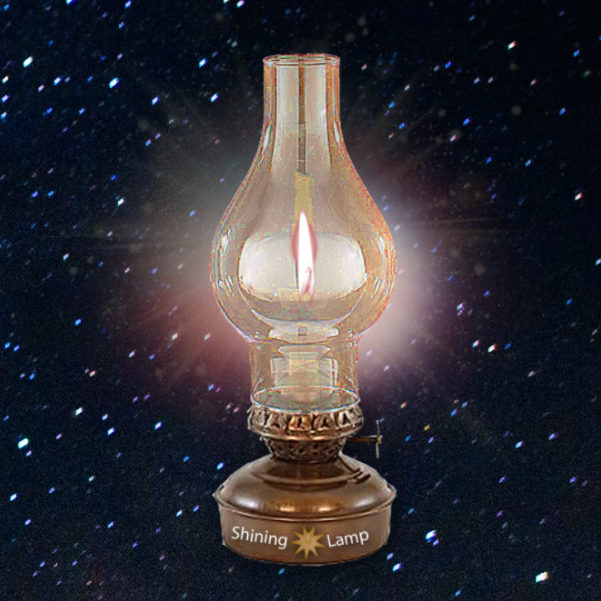Striving to remove barriers that prevent us from building Vibrant, Diverse, Inclusive, Accessible Communities!
The Shining Lamp is committed to providing an accessible digital experience for People with Disabilities. Guided by principles of justice, equity, and unity in diversity inspired by the Bahá’í Faith, we are committed to removing barriers caused by Ableism so that Blind/Low Vision users, people who rely on assistive technology, and others with disabilities can participate in our community. Accessibility is not optional or charitable—it is essential to human dignity, belonging, and inclusion.
Standards Used
We follow the Web Content Accessibility Guidelines (WCAG) 2.2, Level AA (W3C Recommendation, 12 December 2024). Whenever content or features are added or modified, we review them against WCAG 2.2 AA and apply current best practices in accessible and inclusive design.
Testing and Compatibility
Our testing approach combines automated checks, manual reviews, and lived-experience feedback. We regularly involve Blind People who are experienced screen reader users to review our content and identify accessibility problems or areas for improvement.
Our checks include compatibility with commonly used assistive technologies such as JAWS, NVDA, Narrator, VoiceOver, and TalkBack, as well as keyboard-only navigation, non-pointer input, and both mobile and desktop environments.
Accountability, Tracking, and Transparency
We are committed to accountability, responsiveness, and open communication.
- Response and action: We will investigate and begin work on any reported or discovered accessibility problem within two working days.
- Workarounds: If a full fix cannot be implemented immediately, we will provide a temporary equitable workaround or remove inaccessible content until the problem is resolved.
- Tracking: We log and prioritize reported accessibility problems so they are not lost or forgotten.
- Updates: We will update this statement when there are significant accessibility improvements and when temporary workarounds are in place for known problems.
As of the most recent review date listed below, there are no outstanding reported or discovered accessibility problems.
Report a Barrier or Accessibility Problem
If you encounter a barrier or accessibility problem on our site, please contact us using either method below:
- Contact Form: https://shininglamp.org/contact
- Email: team@shininglamp.org
If the contact form is not workable for you for any reason, email is always available.
When sharing feedback, please include:
- The page URL or feature involved
- What happened (the barrier/accessibility problem)
- Your device and browser (if you know them)
- Any assistive technology used (if applicable)
Review Dates
Last review date: January 2, 2026
Next planned review date: April 1, 2026
We recognize that accessibility is an evolving responsibility. We welcome feedback from People with Disabilities and will continue to remove barriers and improve our practices to support participation and belonging.
Foundational Guidance and Community Roots
Our Shining Lamp organization began by meeting with Counselor Nwandi Lawson in February 2022. During that meeting, we discussed practical solutions to the discrimination, exclusion, and oppression that People with Disabilities face. We studied the letter written by the Universal House of Justice on July 22, 2020, to the Bahá’ís of the United States addressing racism, drawing parallels to Ableism.
As we look for solutions within the Bahá’í Teachings, we recognize that, like racism, Ableism is a profound deviation from true morality and must be supplanted by just relationships among individuals, communities, and institutions.
“…a profound deviation from the standard of true morality… It deprives a portion of humanity of the opportunity to cultivate and express the full range of their capability and to live a meaningful and flourishing life, while blighting the progress of the rest of humankind… It must be supplanted by the establishment of just relationships among individuals, communities, and institutions of society that will uplift all and will not designate anyone as other.”
Counselor Lawson encouraged us to gather like-minded collaborators to remove discrimination, exclusion, and oppression in the form of Ableism as we collectively strive to remove barriers that prevent us from building Vibrant, Diverse, Inclusive, Accessible Communities.
In addition, guidance shared by the National Spiritual Assembly on December 13, 2023 (including remarks from a letter dated October 27, 2023, written on behalf of the Universal House of Justice) affirmed approaches to community building grounded in the Nine Year Plan—empowering individuals to initiate efforts that create havens free from prejudice.

